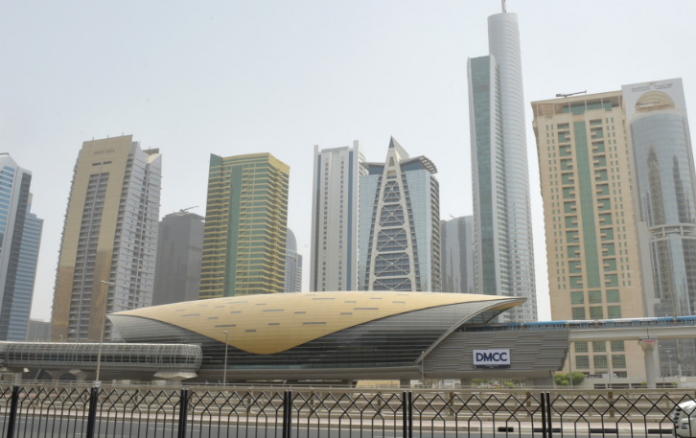Dubai based Phoenix Global going into liquidation will cost banks quite a bit
Dubai: Banks in the UAE have exposures between $350 million to $400 million to Phoenix Group, one of the world’s biggest rice trading firms before it went into liquidation.
The business, which owes banks and financial institutions worldwide an estimated $1.6 billion, went into liquidation after it was caught out by the COVID-19 outbreak as well as some high-risk trades it got into.
Banking and trading industry sources expected UAE banks to have a much higher exposure than the $350 million plus. But internal assessments made in recent days confirm that it wouldn’t go any higher than $400 million.
Even then, it still gives the UAE’s banking sector much to worry about. Banks are still counting the cost of the exposures they built up in NMC Health ($6 billion plus) and sister company Finablr (which shocked the markets by confirming it had come across “hidden” loans of $1.3 billion.)
The banking industry is engaged in a delicate balancing act, having to ensure businesses in the UAE have access to cheap funds to tide over the crisis created by COVID-19. To now feel the pinch of a high-flying business going bust will take time for the sector to adjust to.
The Phoenix problem
It was problems set off at the Dubai-based subsidiary, Phoenix Global DMCC (PGD),that pushed the Group into liquidation, which is being overseen by Quantuma. A deal entered into by one of the firm’s commodity traders went spectacularly sour and has paved the path towards liquidation. (Liquidation essentially means selling off all of a troubled company’s assets to try and clear off the debts and other losses it racked up.)
Phoenix had reported revenues of $3 billion plus and gross profit of $151.8 million for 2019. It was set up by Gaurav Dhawan and who is “known to be an astute international agri-commodity trader and with a 25-year track-record,” said a source who knew him well.
“Phoenix enjoyed a good reputation with its suppliers and creditors. The business grew well in the last few years with the company focusing on backward integration to add more value to its core areas.
“It is the “rogue trader” who brought on the company’s downfall, nothing else.”
Market sources say that the Phoenix Group operated out of two floors in JLT, of which one has been shut down. The distribution arm of the Group continues to be active in the UAE, and the ongoing liquidation process will look to the distribution network to convince the market that it can still generate value.
The Group also has an extensive back-end operation, but managed out of the southern Indian state of Hyderabad.
“The company’s main centre of business is Dubai, which is also where its management function is based,” says the liquidation document. “Prior to the appointment of liquidators, the Group had available banking facilities of approximately $1.6 billion with a number of banks based in Singapore, UK and Dubai.”
A key meeting is expected to be held today to take stock of local/regional operations and come up with options.
According to one industry source, “Phoenix had built up very large operations out of Dubai – the way it looks now, Phoenix DMCC and it’s subsidiaries will be wound down in the next few days.
“The liquidation report issued clearly mentions the extent of damage and which was exacerbated by the coronavirus. And yes, local banks are exposed significantly.”
But there are those in the food commodity circles who still believe Phoenix’s distribution operations in the UAE, other Middle East markets and Africa still have solid prospects.
“If the problems are confined only to the trading division, then parts of the company are still in a cash-generating position,” said the head of a commodities firm.
What tripped up Phoenix?
The liquidation report points the finger at some extreme-risk hedging operations taken up by the Phoenix trading division, and in particular one trader.
“The company’s senior management advised Quantuma during their preliquidation engagement that this situation was “disastrously” compounded by one of PGD’s derivative traders, exceeding his authority and entering into a swathe of additional (and ultimately “out of the money”) hedging agreements on currencies in an attempt to recover losses incurred in February.
“The company’s senior management have provided the liquidators with the relevant records pertaining to the Dubai trader’s activities.”
But the liquidation firm said it is also looking into whether the company’s downfall was also caused by the “normal vagaries of financial/derivative trading as opposed to serious negligence at a PGD entity level.”
Whatever be the actual reason, Phoenix is going to be one other problem for UAE banks to deal with. This particular Phoenix may not be able to rise from the financial ashes.




